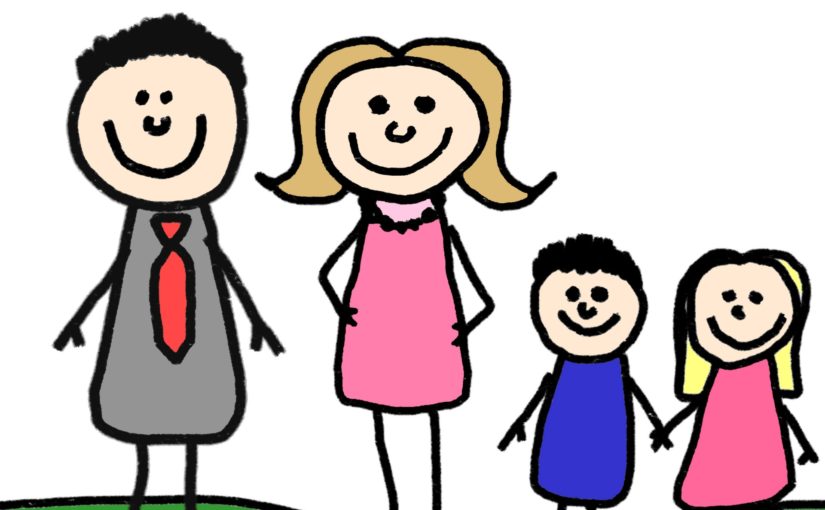A question for the ages: How much blame do parents deserve when kids comes out “bad”? And conversely, how much credit do they get when they come out “good”? By that I mean into adulthood.
There are literally tons of articles and publications regarding this very topic, but I aim to put in my own two cents here. The widely accepted premise is that good parents raise good children, who in the right environment go on to become good, productive adults. They in turn, become good parents themselves. It is also generally thought that bad parents have more probability of raising bad children, who in turn have more probability of becoming “toxic” adults. “Toxic”, in this case, is meant to include any number of psychological, personality, and social problems.
My own personal experience has been extremely positive. I believe I, as well as my siblings, were raised by good parents using good parenting techniques for those times. This led to four good children and good, well-balanced adults (modesty aside). Each of us now have our own children, and for the most part the experience has been positive. In my own personal case my wife and I have three beautiful, caring, intelligent, productive daughters who have gone on to have children of their own.
But throughout life I have met both “bad parents” who have had wonderful kids, and “good parents” who have had awful kids. So how much of it is the parents’ fault and/or credit? That is a tricky question, and one that would take a volume of books to fully discuss.
First the case of “good kids” from “bad parents”. (I put quotation marks because these are also subject to individual definition). There are and have always been of course, many parents who do not take their job seriously, and to whom raising children is an undesirable burden. Those, I believe to be bad parents. For parenting is a job, and probably the most important job a person will ever have. Yet once kids grow into their teenage years and young adulthood, they’re subjected to the outside world, and begin making up their own minds on what is right and what is wrong. If a child has the inner drive and desire to succeed in life regardless of his or her upbringing, that is where you see good people who have been raised by bad parents. The child has become a good, productive person in spite of the odds against him or her. In this case the parents deserve little credit for their child’s success.
On the other hand, parents can pour their heart and soul into child-raising, only to have outside influences or other environmental factors interfere with the child’s development. The result could be a toxic adult, who may be a burden on society, or even a criminal. In this case, I would say the parents deserve little blame for their child’s failures.
Parenting itself has also changed over time. When I was raised, a good spanking under the right circumstances was a totally acceptable (and expected) method of discipline. Today, it is completely frowned upon, and equated with child abuse. In the past, children were not allowed in adult conversations, and instructions from parents from children were not questioned nor bargained. Nowadays bargaining with small children is totally acceptable and touted as good parenting.
It’s a complex subject, and one where I thoroughly invite comments. It is tough to fully discuss something like this in a blog article. But at the same time it is a topic that merits discussion in many circles.

I guess we will never know…it’s hard to know the perfect combination when raising kids so that they become responsible, independent, kind and driven adults.
He visto muchos casos q mientras mas “algarete” crian a los niños, mas independientes son de adultos y mientras mas cosas les das y haces por ellos, creas un parasito de adulto🤷🏻♀️
Thanks for your comments, Lissie. I see it as probabilities. Raising kids in the best possible way increases the probabilities that these will turn out to be good, productive adults. The opposite is also true. Not putting any effort into child-rearing increases the probabilities that they will turn out to be problematic adults.
But “giving them more things and doing more for them” can also be problematic, and doesn’t necessarily fall under the category of “good parenting.” I myself have known cases where parents mistake giving their child everything with good parenting, when sometimes the opposite is true. Many times that results in entitled children and entitled adults.
I’ve heard “well… I never had anything growing up so my kids will always have everything.” Good intentions… many times bad results. It’s a balance. Good parenting involves teaching kids values, and the importance of hard work. Also teaching them the core values of humility, responsibility, generosity, compassion, and others.